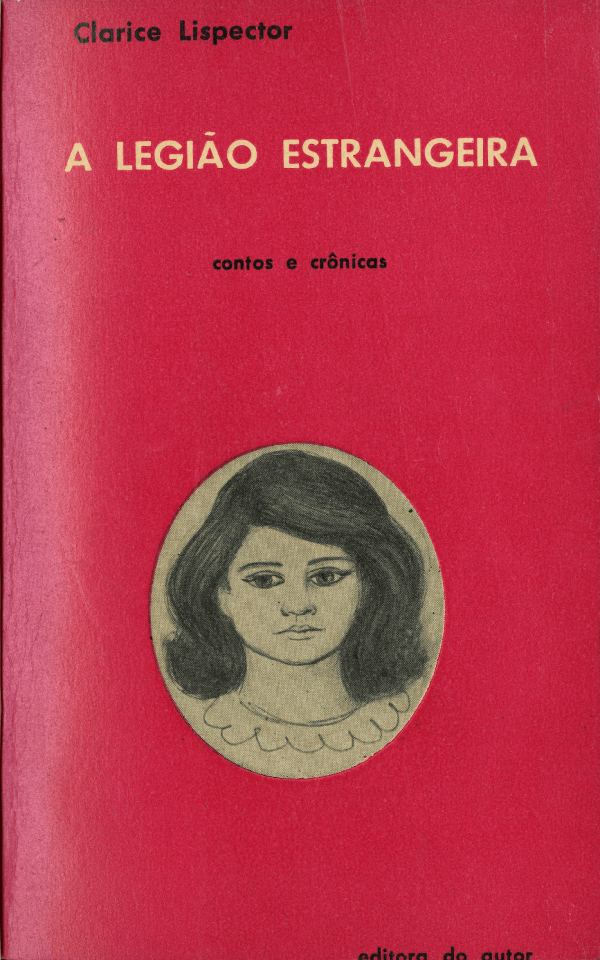The set of texts “Back of the Drawer,” which was part of the original edition of The Foreign Legion (1964), gained autonomy in the book Not to Forget. Commenting on these unpretentious writings, the author reveals how much the subterranean (of creation, of existence, etc.) fascinates. Lispector publishes what is unworthy “because what is worthy is also unworthy. Besides, what obviously is unworthy has always interested me a lot. I am fond of the unfinished, the poorly made, that which awkwardly attempts to fly and falls flat on the ground.”
Indeed, the book deconstructs clichés about friendship, solidarity, and old age, discusses false values of the bourgeois family institution, investigates human existence, and reveals an extraordinary connection with the other, the different. Re-readings of children’s stories, primordial accounts and legends (the Countess of Segur, Scheherazade, The Bible) probe our imperfect, “dirty” nature, driven by desires. Child characters break myths of childhood purity and reveal erotic power already in this stage of life, as in “The Disasters of Sofia,” in which the student confronts the bitter and naïve teacher, or in the tale from which the book’s title is taken, written at age 14 and surprising in its verbal power and perception of the complexity of love.
Impiety with old age and social discrimination are shown in “Journey to Petrópolis.” The elderly, disposable, hard-to-swallow lump has lost the role of advisor. Usury and gifts of affection reappear in “The Sharing of Loaves,” and the oppression generated by safe and predetermined roles in “The Obedient Ones” is a theme of Lispector’s texts, especially in Family Ties.
Another leitmotif that emerges is that of the cockroach. In “The Fifth Story,” a puerile fact told with humor in successive mini-stories, there is the exercise of narrating and the confrontation between the human condition and the ancestral animal world, unavoidable death and the inexplicable manifestation of life.The discussion of language as a means of expression is promoted in this book. In “The Egg and the Chicken,” the gaze and the creative act are excavated to exhaustion, in search of the meaning of things. The text was read at the First World Congress of Witchcraft (Bogotá, 1975), at which Clarice participated. Some tales reappear with modifications in Covert Joy (1971).
ByClarisse Fukelman

